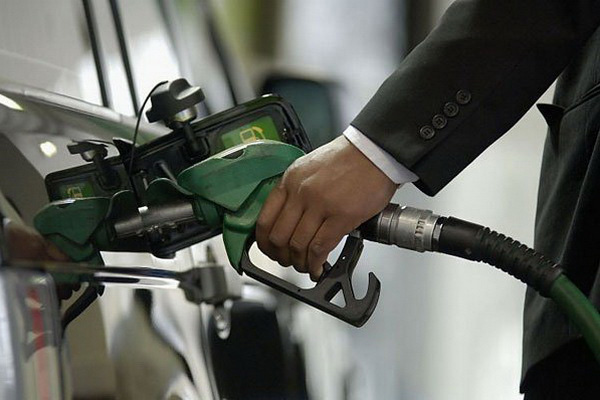TEHRAN, Iran, Nov.20
Trend:
Iran has implemented structural reform by the increase of gasoline price, economist Vahid Shaghaghi Shahri told Trend in an interview.
"The action was predictable due to the fall of oil revenues; in addition to increase of the gasoline price, people should anticipate structural reforms in other fields," Shahri said referring to the government decision to increase gasoline price
"The experience shows that governments do not implement such reforms when they have massive foreign currency revenues. In the current situation, the reforms are implemented as we face fall of foreign currency revenues. Official statistics show that the volume of oil sale reached 120,000 barrels per day," the expert added.
"In case the oil sale continues to decrease, the budget will not be based on oil prices, and reforms of tax system, pension fund and other structures will be initiated," Shahri said.
The economist noted that the government used the simplest way for reform that is the change of gasoline price adding that the government would have to incur more costs for reforms in other fields.
"It was the easiest way, although there were other solutions. In my opinion, there should not have been change in price for 60 liters of gasoline per month; the government should have kept the 10,000 rial rate per liter and implement higher price for surplus consumption," Shahri said.
In his words, the government should have set the surplus consumption price between 25,000 (59 cents) and 30,000 rial (71 cents) instead of increasing regular prices. "Meanwhile, the consumption has also increased by 50 percent," the expert noted.
"The government announced that it would pay subsides to 18 million low income families from $7.1 billion revenues from the gasoline price increase. The estimate budget deficit in next Iranian year [starts March 21, 2020] is about $35 billion; the increase of gasoline price is to cover the deficit, but other policies are needed to be pursued," Shahri said.
"There are two questions. One is how the government plans to manage the gasoline inflation, and the other relates to the government plans for covering budget deficit," the economist said.






